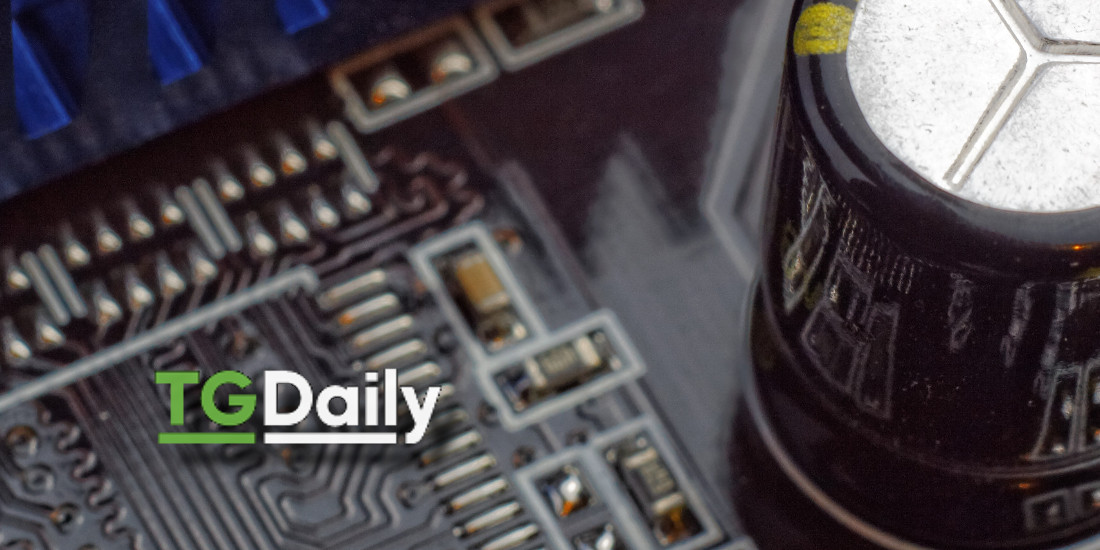An ambitious green car technology project Audi has participated in is wrapping up after three years. The net result?
What is described as a multi-module technology platform that’s being called “a major advance for electric mobility.” All of this is being showcased through what is, in some regards, the ultimate electric car – the F12.

Audi said the F12, which looks like a production R8 on the outside, represents what is described as the “eSport” model of the technology platform. One of the highest profile items of this platform is the high voltage batteries that powers the electric car.
It has two separate blocks with an overall capacity of more than 38 kWh and is built in such a way that it can more sturdily withstand a collision. The batteries are switchable, delivering different output voltages of 144 or 216 volts. Under part load, the voltage is around 200 volts to maximize efficiency, and when increasing power demand and speed is needed, this increases to as much as 440 volts.
The battery system powers three different electric motors, each of which can be controlled separately. Audi noted that “during slow driving, only the synchronous motor at the front axle is active. At higher speeds, the performance-optimized asynchronous motors at the rear axle come into play. Together the three electric motors produce 150 kW (204 hp) and 550 Nm (405.66 lb-ft) of torque.”
Another innovative part of this platform is the heat pump for the thermal management of the drive system and the interior. It both “regulates the temperature of the batteries depending on the situation and can also store heat in them so that less energy is required to heat the interior the next time the car is driven.”
As with other concept vehicles we’ve seen in the past, how one controls the F12 is fairly technologically focused. One controls basic drive functions – Park, Reverse, Neutral and Drive – by operating buttons on the center tunnel. All other operations are controlled via a tablet computer that can be removed from the center console. A user-programmable instrument cluster presents all key information in high resolution.
The “e performance” research project that produced the F12 was a collaboration between Audi, Bosch and several institutes at the RWTH Aachen University. The technical universities of Munich, Dresden and Ilmenau, Leibniz University Hanover, the Fraunhofer institutes IESE and IISB as well as Forschungsgesellschaft Kraftfahrwesen mbH Aachen were also members of the consortium, which also received support from the German Federal Ministry for Education and Research.
It is envisioned the elements learned from this project can be used in a variety of electric vehicles, ranging from sport car ideas like the F12 to a sedan to a city car. Follow up projects are already under way, and some are showing what is said to be good prospects for later production use.






